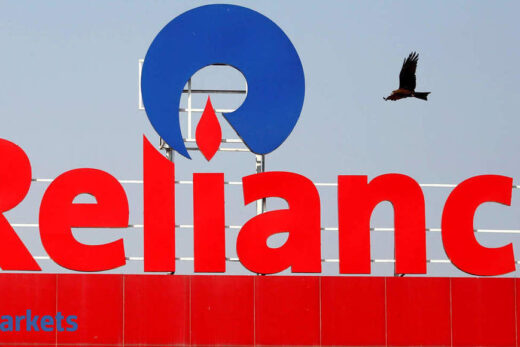As Covid-19 has left the economy and businesses battered and bruised, it would not be easy to figure out the companies that can lead in terms of profit growth over the next two years or so.
Domestic brokerage ICICI Securities says the biggest swing in profits over FY20-23 is expected to be delivered by banks, energy, auto and telecom companies, and it will largely be a function of normalisation of depressed earnings.
Analysts Vinod Karki and Siddharth Gupta projected aggregate consensus profit after tax of 360 companies to rise from Rs 4.6 lakh crore in FY20 to Rs 9.6 lakh crore (5 per cent of GDP) in FY23, growing at 27 per cent CAGR.
However, the increase in profits for these companies will be driven not by any significant jump in sales or demand, but by better efficiency in businesses. The broker projects sales for this set of stocks to grow at 6.8 per cent CAGR, marginally below nominal GDP growth rate, over FY20-23.
It says 18 stocks will be the biggest beneficiaries of this profit growth cycle: SBI, Axis Bank, ICICI Lombard, SBI Life insurance, NTPC, CESC, Gujarat Gas, Ultratech Cement, Prince Pipes, Motherson Sumi, TVS Motors, Bajaj Consumer, Jyothy Labs, Bharti Airtel, Infosys, Alkem Labs and Abbott India.
The brokerage said a big part of the profit recovery has already happened, as the loss pool-to-GDP ratio is approaching a decadal low level driven by cyclicals such as corporate banks, telecom, metals and NCLT cases.
And, now GDP revival, fiscal push, lower interest and tax rates are likely to further improve the profit-GDP ratio, which indicates a relationship between economic growth and corporate growth.
The better the ratio, the more the number of companies benefiting from GDP growth and vice versa.
“A sustainable trajectory of profit-to-GDP ratio will depend on how the demand environment pans out. Encouragingly, aggregate demand will get a boost from the classic ‘counter-cyclical fiscal policy’ unveiled in the Union Budget, which focused on capital outlay, which can have a higher multiplier effect on demand and a longer impact over next 4-5 years,” the analysts said.
Better earnings to cool valuations
Analysts believe continued corporate outperformance in the third quarter and onwards will eventually cool down market valuations, which look stretched at this point.
“Q3FY21 turned out to be good with more beats than misses (beat/miss ratio of 4.6 within the Nifty200 index) for the third quarter in a row, which indicated that corporate profitability continues to be ahead of expectations, and it should trigger further upgrades,” said Karki and Gupta.
Domestic equity valuations currently look stretched at 22 times one-year on a rolled forward basis, but the earnings upgrade cycle and low discount rate will remain supportive of these valuations, they said.



